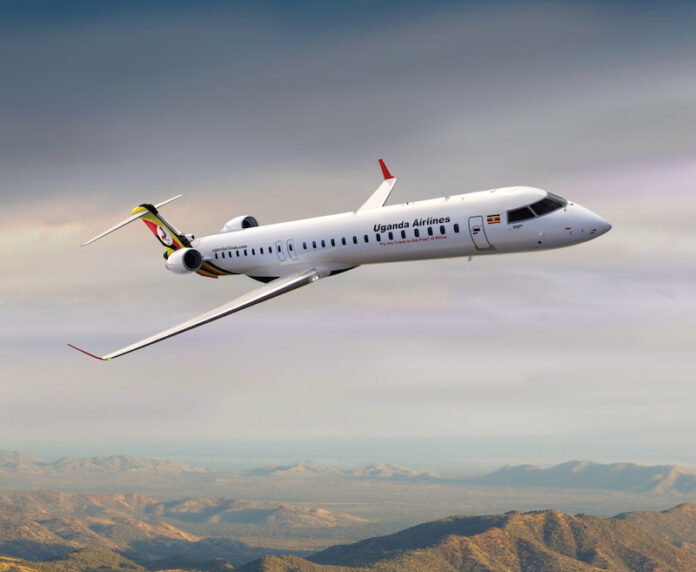Air travel within Africa has long been plagued by high costs and limited connectivity, hindering economic growth and development across the continent. Compared to other regions, flying within Africa is prohibitively expensive, impeding both business and leisure travel. However, the International Air Transport Association (IATA) and experts assert that improved air service and collaboration among African countries could yield substantial benefits for the continent, including job creation and economic growth. This article explores the current challenges faced by African air travel, highlights the potential impact of enhanced connectivity, and examines the successful case of Ethiopian Airlines as a model for future development.
High Costs and Limited Connectivity
Flying within Africa incurs significantly higher ticket prices and taxes compared to other parts of the world. The cost of flying between African countries often exceeds that of intercontinental flights, deterring both leisure and business travelers. For instance, a direct flight from Berlin to Istanbul costs around $150, whereas a similar distance between Kinshasa and Lagos can range from $500 to $850, with longer flight durations and layovers. This pricing disparity hampers business operations and poses a challenge for travelers across all socioeconomic backgrounds.
Impact on the Economy
The IATA highlights the crucial role of aviation in contributing to a country’s Gross Domestic Product (GDP) and employment. By fostering improved connectivity and market liberalization among 12 key African countries, it is estimated that over $1.3 billion could be added to their GDP and create around 155,000 jobs. Adefolake Adeyeye, an assistant professor of commercial law, emphasizes the positive impact of affordable air travel on the economy. Budget airlines, akin to those in other continents, can bolster tourism, create employment opportunities, and stimulate economic growth.
Infrastructure Challenges and Air Transport: The limited quality of road networks and insufficient railway systems in many African countries make air transport the practical choice for cargo and passenger transportation. Inadequate alternative transportation options further underscore the significance of developing and enhancing air travel networks within the continent. Moreover, despite Africa’s lower contribution to global greenhouse gas emissions compared to other regions, there is a growing need for sustainable air travel options in light of the climate emergency.
Unlocking Potential
Africa, despite its rich natural resources, faces challenges with poverty and underdevelopment. However, a rising middle class presents an opportunity for air travel growth if ticket prices are made more affordable. To achieve this, African governments must adopt strategies to address the poor state of air service. Zemedeneh Negatu, the global chairman of Fairfax Africa Fund, suggests that African airlines should emulate successful European models and form partnerships to create cost-effective and reliable services. By encouraging collaboration and conglomerations among carriers, the aviation industry in Africa can become more sustainable and competitive.
The Case of Ethiopian Airlines
Ethiopian Airlines stands as a notable example of success in the African aviation sector. Through sound management practices and commercial focus, the state-owned airline has flourished and contributed significantly to Ethiopia’s economic growth. Ethiopian Airlines has expanded its fleet, developed Addis Ababa as a regional hub, and bolstered the country’s service industry. With millions of dollars generated in hard currency, Ethiopian Airlines serves as a testament to the potential for indigenous African-owned and operated multinational companies to thrive in the aviation sector.
Conclusion:
While African air travel faces numerous challenges, including high costs, limited connectivity, and fragmented governance, there is significant potential for growth and development. Collaboration among African countries, liberalization of markets, and the adoption of successful models like Ethiopian Airlines can drive economic growth, create jobs, and make air travel more accessible and affordable. By addressing these issues, African governments and stakeholders can unlock the vast opportunities presented by a robust and thriving aviation sector, thereby contributing to the continent’s overall development and prosperity.





